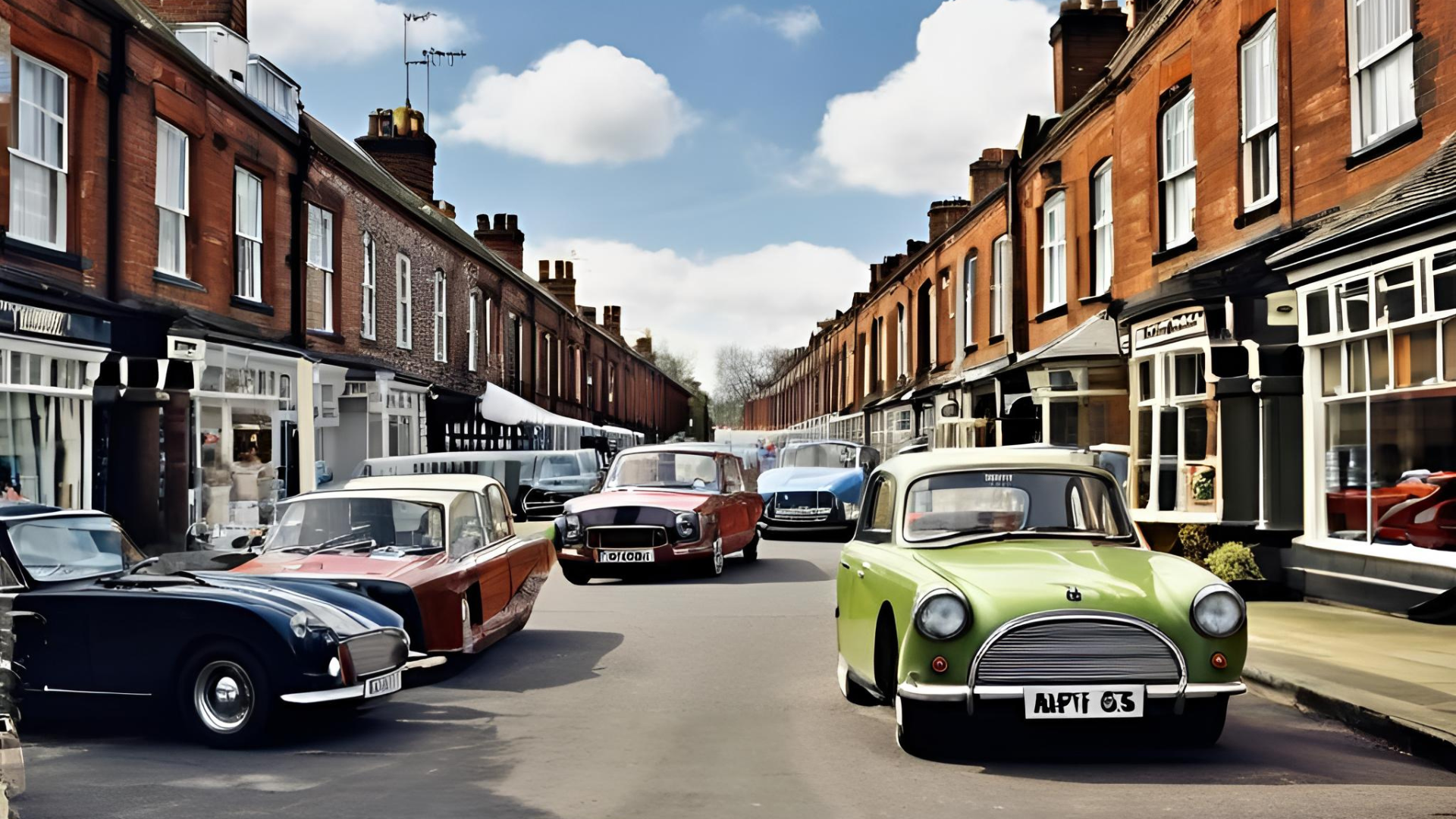Owning a classic car is a privilege, but it also comes with the responsibility of proper maintenance. Unlike modern vehicles, retro cars require a bit more care and attention to ensure their longevity and retain their value. This post covers essential tips on how to properly maintain your classic car, preserving both its performance and its investment value.
Key Aspects of Classic Car Maintenance
Maintaining a classic car requires understanding its unique needs. Below are the most important aspects of classic car maintenance that every owner should consider:
| Aspect | Explanation |
|---|---|
| Engine Care | Regular engine checks, oil changes, and keeping the engine clean are crucial to maintaining the performance of a classic car. |
| Tire Maintenance | Vintage tires degrade faster than modern ones. Regularly check tire pressure, alignment, and tread for safety. |
| Electrical System | Classic cars often have outdated electrical systems, so regular checks and updates are necessary to avoid breakdowns. |
| Cooling System | Overheating is a common issue in classic cars, so ensure that the cooling system is functioning correctly to prevent engine damage. |
| Rust Prevention | Rust is the enemy of classic cars. Regularly check for rust, especially in high-humidity areas, and take steps to protect the car’s body. |
Routine Maintenance Checklist for Classic Cars
Proper routine maintenance can save you from expensive repairs down the road. Here’s a checklist of maintenance tasks every classic car owner should perform:
| Maintenance Task | Frequency | Reason for Task |
|---|---|---|
| Oil Change | Every 3,000-5,000 miles | Ensures proper engine lubrication, reducing wear and tear on engine components. |
| Brake Inspection | Every 6 months | Brake pads, discs, and fluid need regular checks to ensure safe driving conditions. |
| Battery Check | Every 6 months | Classic cars often have older batteries that may need replacement or maintenance. |
| Tire Inspection | Every 6 months | Checking tire condition and air pressure helps avoid blowouts and extends tire life. |
| Fluid Levels | Monthly | Checking and topping up engine, transmission, and brake fluids keeps the car running smoothly. |
| Rust Inspection | Every 6 months | Prevents rust from taking over and maintains the car’s body integrity. |
Storing Your Classic Car
Proper storage is key to ensuring your classic car stays in top condition for years to come. Below are some best practices for storing your vintage vehicle:
| Storage Tip | Explanation |
|---|---|
| Indoor Storage | Always store your classic car in a garage or a climate-controlled space to prevent exposure to harsh weather. |
| Covering the Car | Use a high-quality car cover to protect the exterior from dust, dirt, and potential scratches. |
| Elevate the Car | If the car is going to be stored for an extended period, elevate it to avoid flat spots on the tires. |
| Fuel Stabilizer | Use a fuel stabilizer if storing the car for more than a few months to prevent fuel deterioration and engine damage. |
| Dehumidifier | In humid climates, use a dehumidifier to avoid moisture build-up that could lead to rust. |
Working with a Professional Mechanic
While you can perform routine maintenance tasks yourself, some jobs require the expertise of a professional mechanic. Here are a few instances where you should consult with a specialist:
| Task | Why Consult a Professional? |
|---|---|
| Engine Overhaul | Classic car engines require specialized knowledge for restoration and performance tuning. |
| Transmission Repair | Transmission systems in vintage cars are delicate and should only be repaired by experts. |
| Electrical System Upgrades | Updating the electrical system requires technical knowledge to avoid damaging the vehicle’s original components. |
| Bodywork and Paint | Restoring a classic car’s bodywork and paint to original specifications requires a skilled technician with experience in vintage cars. |
Conclusion: The Importance of Regular Maintenance for Classic Cars
Maintaining a classic car isn’t just about keeping it running—it’s about preserving its history, performance, and value. Regular maintenance ensures that your investment continues to appreciate over time and remains a joy to drive. By following the tips provided, you can protect your classic car from common issues and ensure its longevity for many years to come.
Owning a classic car is a lifelong commitment, and with the right care, it can provide both enjoyment and financial rewards. Remember, the more you invest in maintenance, the more you protect your valuable asset.
Contact Us
Get in touch with us for all your automobile towing needs.

© Copyright2025 bizpush.fun

